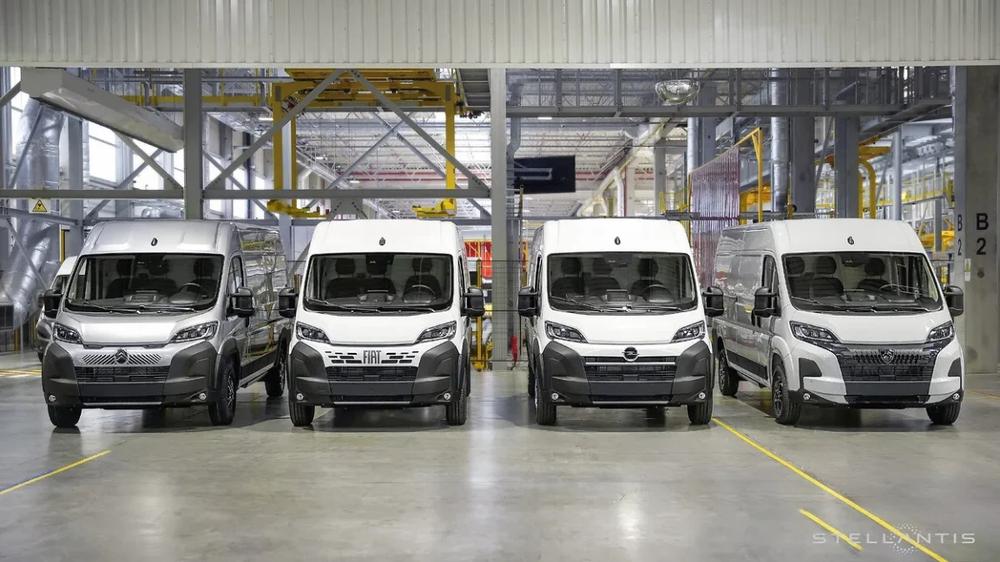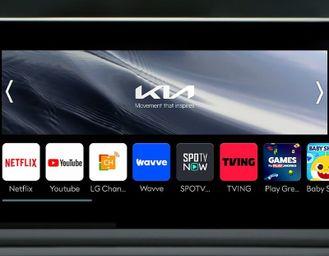To paraphrase Mean Girls, "stop trying to make hydrogen happen."
For some years now, detractors of battery electric vehicles have held up hydrogen as a clean fuel panacea. That sometimes refers to hydrogen combustion engines, but more often, it's hydrogen fuel cell electric vehicles, or FCEVs. Both promise motoring with only water emitted from the vehicles' exhausts. It's just that hydrogen actually kinda sucks as a fuel, and automaker Stellantis announced today that it is ending the development of its light-, medium- and heavy-duty FCEVs, which were meant to go into production later this year.
Hydrogen's main selling point is that it's faster to fill a tank with the stuff than it is to recharge a lithium-ion battery. So it's a seductive alternative that suggests a driver can keep all the convenience of their gasoline engine with none of the climate change-causing side effects.
But in reality, that's pretty far from true.
It's not nearly as fast as using room-temperature gasoline or diesel—when Toyota raced a hydrogen-powered car several years ago, it took up to seven minutes to fill the Corolla's tanks with gas pressurized to 70 MPa. When it tried again a few years later, it switched to cryogenic fuel, which had to be kept at a chilly -253˚ C. Neither sounds particularly practical.
Hydrogen is also much less energy-dense by volume, and making the stuff is far from efficient, even when you use entirely renewable electricity. And of course, the vast majority of commercial hydrogen is not so-called blue hydrogen, which was made with renewables but is instead mostly produced via steam reformation from hydrocarbon stocks. That's an energy-intensive process and one that is very far from carbon-neutral.
Finally, there's virtually no infrastructure for hydrogen road vehicles to refuel.
The vehicles are inefficient, and the fuel is expensive, difficult to store, and hard to find. So it's perhaps no wonder that someone at Stellantis finally saw sense. Between the high development costs and the fact that FCEVs only sell with strong incentives, the decision was made to cancel the production of hydrogen vans in France and Poland.
Stellantis says there will be no job losses at its factories and that R&D staff will be put to work on other projects.
"In a context where the Company is mobilizing to respond to demanding CO2 regulations in Europe, Stellantis has decided to discontinue its hydrogen fuel cell technology development program," said Jean-Philippe Imparato, Chief Operating Officer for Enlarged Europe. "The hydrogen market remains a niche segment, with no prospects of mid-term economic sustainability. We must make clear and responsible choices to ensure our competitiveness and meet the expectations of our customers with our electric and hybrid passenger and light commercial vehicles offensive."

 Rex Salisbury’s Cambrian Ventures raises new fund, bucking fintech slowdown
Rex Salisbury’s Cambrian Ventures raises new fund, bucking fintech slowdown